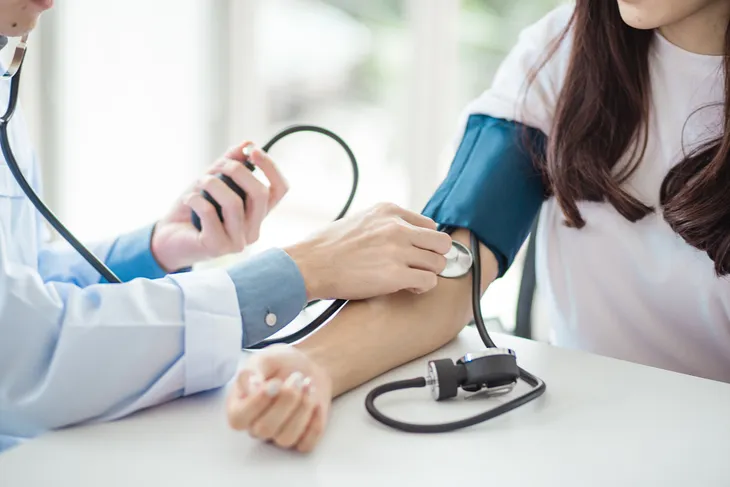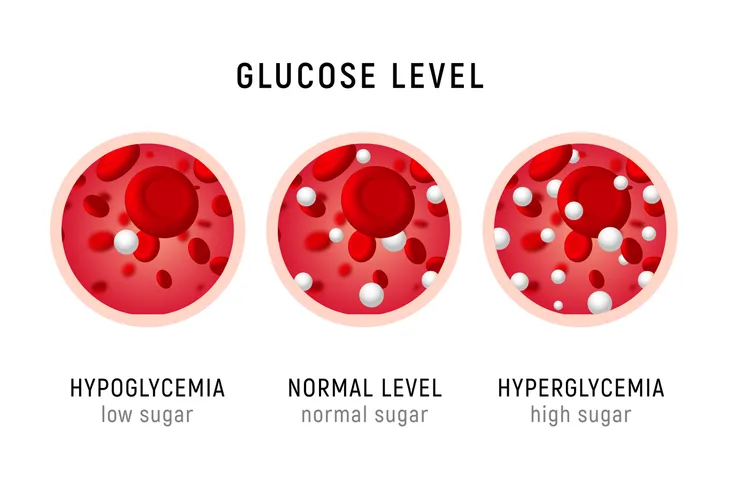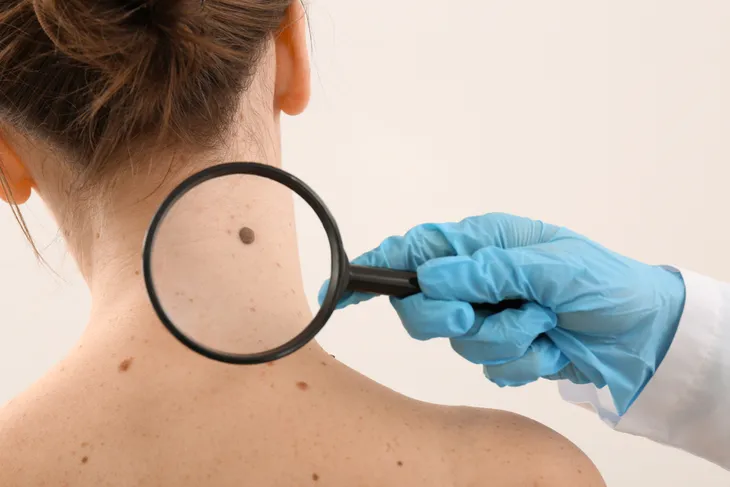- Even if you don’t feel sick, regular screenings can help keep you healthy and detect health conditions early.
- The health screenings you need will vary as you grow older, however, women ages 18 to 39 should be screened for high blood pressure, high cholesterol, cervical cancer, breast cancer, and others.
- It’s also important to advocate for your own health. You know your own body best and if something doesn’t seem right, keep pushing until you get answers.
Regular checkups with your doctor are important for keeping you healthy. Even if you don’t feel sick, regular screenings throughout your life can help detect health concerns early. Early detection can also be important for better outcomes.
Which health screenings you need will vary by age and they will even change as you grow older. Today we’re going to look at health screenings for women ages 18 to 39. Take a look at our list and book an appointment with your doctor if you’re due for a screening!
Physical Exam
It’s important to have physical exams throughout your life with your family doctor. A physical exam typically involves a head-to-toe assessment to make sure you’re healthy. Your doctor may check your height, weight, and body mass index (BMI), says Healthline.
It’s also common for your doctor to ask questions about your lifestyle such as your current diet, your exercise routine, and whether you drink alcohol or smoke. They may also inquire about your mental health to screen for depression. During your visit, your doctor may recommend a variety of other health screenings like cholesterol, blood pressure, or cervical cancer. Let’s take a look at what you can expect next.
Cholesterol Screening
If you’re at risk for coronary heart disease, you should have your cholesterol levels tested. A baseline screening should start at age 20. From there, normal-risk individuals should be screened every 4 to 6-years, says the American Heart Association. However, if you have an elevated risk for heart disease and stroke, your doctor may want to test you more frequently.
Cholesterol is tested with a blood test, typically a fasted blood test which means you can’t eat or drink anything except water for a certain amount of time before your appointment. This blood test will measure your total cholesterol, LDL (bad cholesterol), and HDL (good) cholesterol. If high cholesterol is detected, your doctor will guide you through lifestyle changes you can make to help lower your levels. In some cases, medication may be necessary.
Blood Pressure Screening
It’s important to start checking your blood pressure in young adulthood. An early diagnosis of high blood pressure (hypertension) can help you make the lifestyle changes you need to get it under control. Uncontrolled high blood pressure may lead to serious complications like a heart attack or stroke, explains the Mayo Clinic.
Hypertension is diagnosed when your blood pressure reads higher than 140/90, says Healthline. The source notes it should be checked every 2-years if you have a healthy reading of 120/80. If it’s higher your doctor may want to check it more regularly and they may screen you for other conditions, such as diabetes.
Diabetes Screening
If you’ve been diagnosed with high blood pressure (130/80-mm Hg or above), your doctor may want to test your blood sugar levels to screen you for diabetes. Your weight may warrant a diabetes screening too. MedlinePlus says if you’re overweight, diabetes screenings should start around age 35. You may also need to be screened if you have other risk factors such as a family history of diabetes or heart disease.
The Centers for Disease Control and Prevention (CDC), says a screening involves drinking a liquid that contains glucose, and then 1-hour later you’ll have your blood drawn to check your sugar levels. The source says if your results show levels higher than 140-mg/dL, you’ll need to take a glucose tolerance test. This test determines your fasting blood sugar levels and helps diagnose prediabetes.
Cervical Cancer Screening
Women should start cervical cancer screenings at age 21. This is done through a Pap smear. Between ages 21 and 29, a Pap test should be done every three years, says MedlinePlus. Women ages 30 to 65 should continue screening with either a Pap test every 3-years or an HPV test every 5-years.
The source also notes, “Women who have been treated for precancer (cervical dysplasia) should continue to have Pap tests for 20 years after treatment or until age 65, whichever is longer.” Finally, Pap smears may not be necessary for women who have had a total hysterectomy and haven’t been diagnosed with cervical cancer.
Breast Cancer Screening
Mammography is the most common screening tool for breast cancer. While mammograms aren’t usually recommended until age 40, some women may need to be screened earlier. This is especially true if you have a mother or sister who had breast cancer at a young age.
MedlinePlus says if breast cancer runs in your family, you should start screening “earlier than the age at which their youngest family member was diagnosed.” If you have other risk factors for breast cancer you may also need earlier screenings. Screenings can also be done with a breast ultrasound or magnetic resonance imaging (MRI) scan. Women can also perform monthly breast self-exams (best performed after their menstrual cycle) to feel for lumps, skin changes, discharge, and any other changes.
Immunizations
Staying on top of your immunizations is important for keeping you healthy. Some vaccines you received during childhood will require boosters in early adulthood, so it’s important to check in with your doctor to find out what vaccines you need.
MedlinePlus says women should get a flu shot every year. A tetanus-diphtheria booster is typically needed at or after age 19 and necessary every 10-years. The varicella vaccine may be necessary if you’ve never had chickenpox and you may need the measles, mumps, and rubella (MMR) vaccine if you’re not already immune. The source also says women ages 19 to 26 should talk to their doctor about the human papillomavirus (HPV) vaccine.
Self Exam: Skin
Do you spend a lot of time in the sun? Perhaps you get a glow from a tanning bed. Either way, screening for skin cancer is important for everyone, including women.
The American Cancer Society says “Regular skin self-exams are especially important for people who are at higher risk of skin cancer, such as people with reduced immunity, people who have had skin cancer before, and people with a strong family history of skin cancer.” Ask your doctor how often you should examine your skin.
Check your skin in a well-lit room using a mirror. You can use a hand-held mirror to look at areas that are hard to see. Not all skin cancers look the same, notes the source. That said, in general, you’ll want to look for expanding or changing skin growths and spots, rough scaly patches, wart-like growths, moles that change in size, and moles with odd shapes, irregular borders, or areas with different colors.
Ask Your Doctor About Other Screenings
It’s important to have a conversation with your doctor about what other health screenings you should have. For example, women don’t typically start screening for colon cancer until age 45, however, if you have a strong family history, have inflammatory bowel disease, or polyps your doctor may recommend regular screenings at an earlier age.
Talk to your doctor about which ailments and diseases you’re at risk for. From there they can help you determine when you should start screening and how to do it.
Dental Exams
Your family doctor’s office isn’t the only place you should regularly visit. Regular visits to the dentist are important too! Plus, your oral health is far more connected to your overall health than you might think! For example, gum disease is linked to a variety of ailments like heart disease, respiratory disease, diabetes, rheumatoid arthritis, and osteoporosis.
As a general rule, women of all ages should go to the dentist at least once a year, but preferably every 6-months. During your checkup, your dentist can evaluate if you need more frequent visits, explains MedlinePlus.
Eye Exams
It’s also important to keep up with eye exams too. Having your eyes checked regularly can help ensure you can see as best as possible and find out if you need eyeglasses. “Regular eye health exams will also check for signs of eye disease or conditions that can affect not only your vision but your overall health,” explains Pacific Eye Doctors.
MedlinePlus says you should have an eye exam at least every 2-years, especially if you have vision problems. Your eye doctor will be able to determine if your vision has stayed the same or if it’s getting worse, in which case you may need a new prescription. The source also notes, women with diabetes should have an eye exam at least once a year.
Advocate for Your Own Health
While this list of health screenings is a great place to start, it’s important to advocate for your own health. You know your own body best and if something doesn’t seem right, keep pushing until you get answers.
Don’t be afraid to shop around for doctors too. You should have a good doctor who listens to your concerns and takes them seriously. If your doctor brushes off your health concerns, this might be a red flag that it’s time to look around. Or, at the very least, get a second opinion.
When advocating for your health, come prepared to your appointments with a list of things you’d like to discuss, and don’t be afraid to take notes during your visit.















